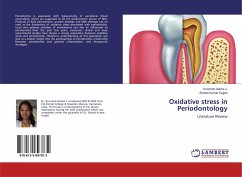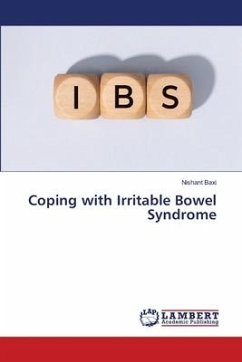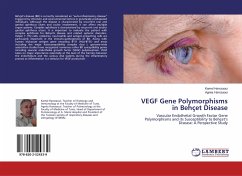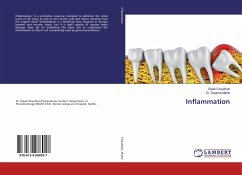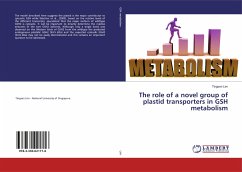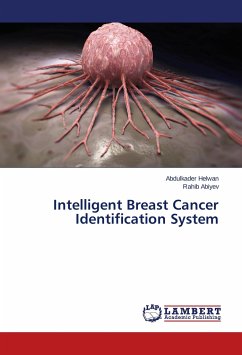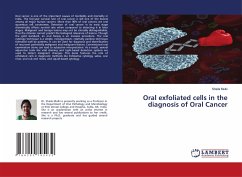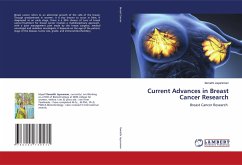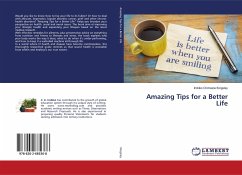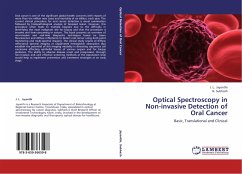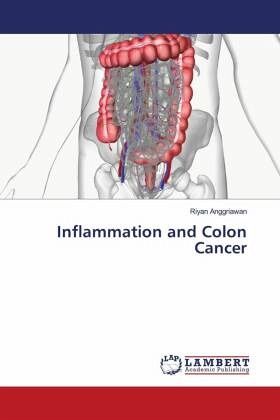
Inflammation and Colon Cancer
Versandkostenfrei!
Versandfertig in 6-10 Tagen
29,99 €
inkl. MwSt.

PAYBACK Punkte
15 °P sammeln!
Inflammation, a key defence response, results from cell damage caused by intrinsic (e.g. genomic instability) and extrinsic factors (e.g. infection, trauma, chemicals). Damaged cells release chemicals that attract immune cells such as neutrophils and macrophages to neutralise the threat. If successful, the acute inflammation is resolved; if not, chronic inflammation can develop, potentially triggering tumour formation. The link between inflammation and cancer was first reported in 1869 by Rudolf Virchow, who suggested that inflammation plays an important role in the development of cancer. This...
Inflammation, a key defence response, results from cell damage caused by intrinsic (e.g. genomic instability) and extrinsic factors (e.g. infection, trauma, chemicals). Damaged cells release chemicals that attract immune cells such as neutrophils and macrophages to neutralise the threat. If successful, the acute inflammation is resolved; if not, chronic inflammation can develop, potentially triggering tumour formation. The link between inflammation and cancer was first reported in 1869 by Rudolf Virchow, who suggested that inflammation plays an important role in the development of cancer. This was based on research showing that cells at inflammatory sites proliferate uncontrollably, and that inflammatory cells were also found at tumour sites. The growing body of research on inflammation and colorectal cancer is clarifying the relationship between the two and helping to develop strategies for both prevention and treatment, particularly based on natural compounds. This book discusses the mechanisms of inflammation and its link to colorectal cancer, including the mediators involved.



